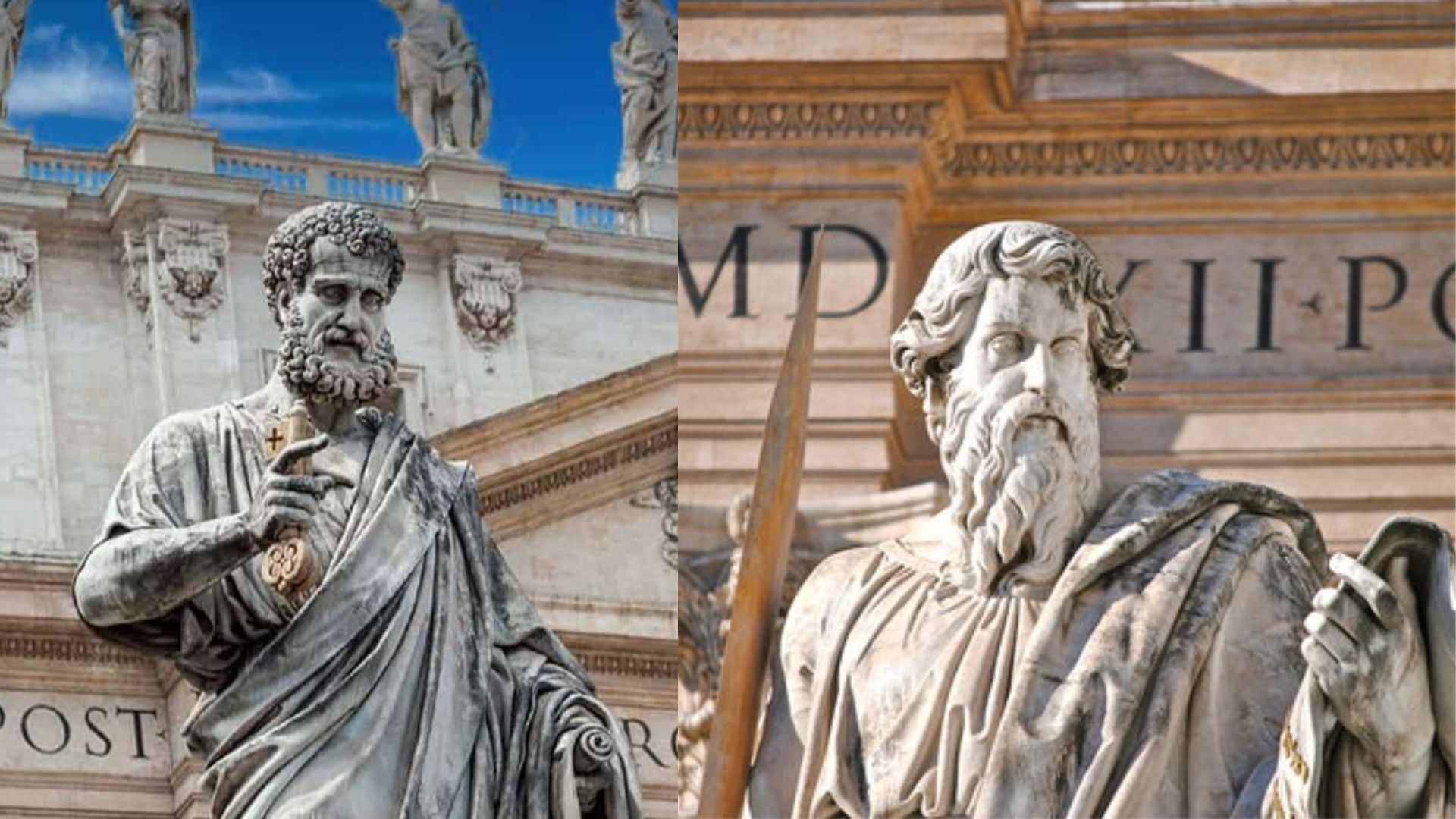If it wasn’t already obvious to the disciples that Jesus was more than special, indeed, that he was the Messiah for whom they’ve been hoping for ages, the experience of the transfiguration must have put their questions and doubts to rest. They’d already witnessed his teaching with unmistakable authority, the miracles of healing and exorcism, the multiplication of loaves and fishes, the calming of the storm at sea… in each case, they had the chance to “see and believe.” And now, after Jesus finally admits openly to them that he is the Messiah, they witness the revelation of Jesus’ glory as the chosen son of God; they are left speechless with awe.

Then from the cloud came a voice that said, “This is my chosen Son; listen to him.” They fell silent, and that time, told no one what they had seen. (Luke 9:36)
What a journey Peter, James, and John have made from the moment they left their nets by the sea, and set out to follow this man. They have become the core members of a group of companions, students, and followers. They were aware of how Jesus had taken a particular interest in their development, how he relied on them in his ministry, and how they felt a closeness with him. And now, they are together for what for each of them must have been one of the most profound spiritual/religious experiences in their lives to that point.
Can we imagine how this experience must have heightened the tension they were feeling within themselves about what Jesus had just told them eight days before, that he would be rejected, taken and put to death by the religious authorities? How could they reconcile everything that they expected of the Messiah- the overthrow of the Roman occupation and the restoration of the rightful Davidic monarchy of Israel and Judea, with this prophecy of their teacher’s suffering and execution?
No doubt, the silence that came over them after the revelation of Jesus’ divinity was not empty, but full. It must have been full of questions, full of awe, yes, but also of contradictions and vacillation between radical hope and terrible despair. Perhaps it was such a profound sense of disorientation and confusion that silence was their only recourse. What does it take to listen to God, to perceive what God is saying and how, without being overwhelmed?
Jesus models for us that the way to listen to God is through prayer, both by expressing praise and asking for what we need, but also by opening ourselves to receive God’s will, just as we pray in the Our Father, “thy kingdom come, thy will be done.”
We know that our two ancestors in faith who appear on the mountain, Moses and Elijah, each learned this as well as they grew into their vocations as prophets and leaders of the people. They learned to listen in their prayer, not only to pay attention to the great signs of pillars of clouds and fire, but also to the small whispering voice. They matured in their understanding that their ways were not God’s ways, and that suffering, which we all naturally resist, is often entailed when we are committed to right action, to loving in a faithful and whole hearted way, and to serving causes bigger than ourselves. Suffering often goes hand in hand with daring great things, asking others to go forth from their comfort zones, and bringing new life to birth. And certainly, as people who lead social or institutional change, we know that it is rare if we accomplish any deep transformation without going through a crucible ourselves.
As we ponder the mystery of the Transfiguration, perhaps we might explore in our practice of prayer, how we are listening to God? If we find that we are doing most of the talking, can we make space to attend to the ways God’s will is being manifest in our lives? Perhaps God’s voice speaks to us through the stranger, or the person knocking at our door, or through the surprising circumstances unfolding around us. How do we discern God’s will when it seems that things are harder, more painful than we expected? Let’s ask Jesus to teach us his way this Lent, and so find his courage, his hope supplying our own.
With you on the road,




